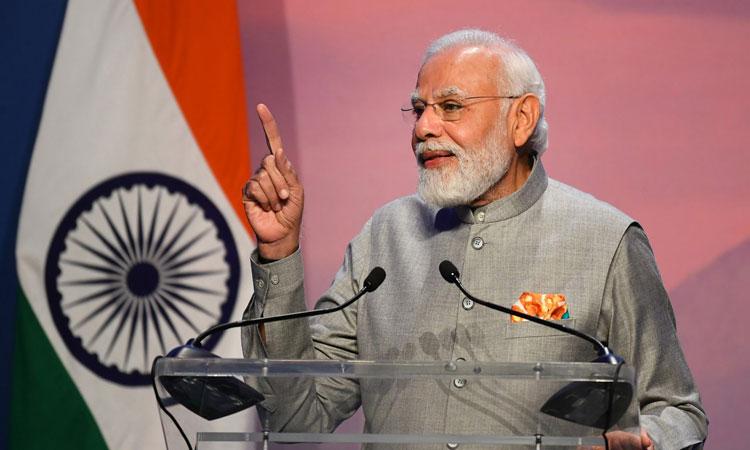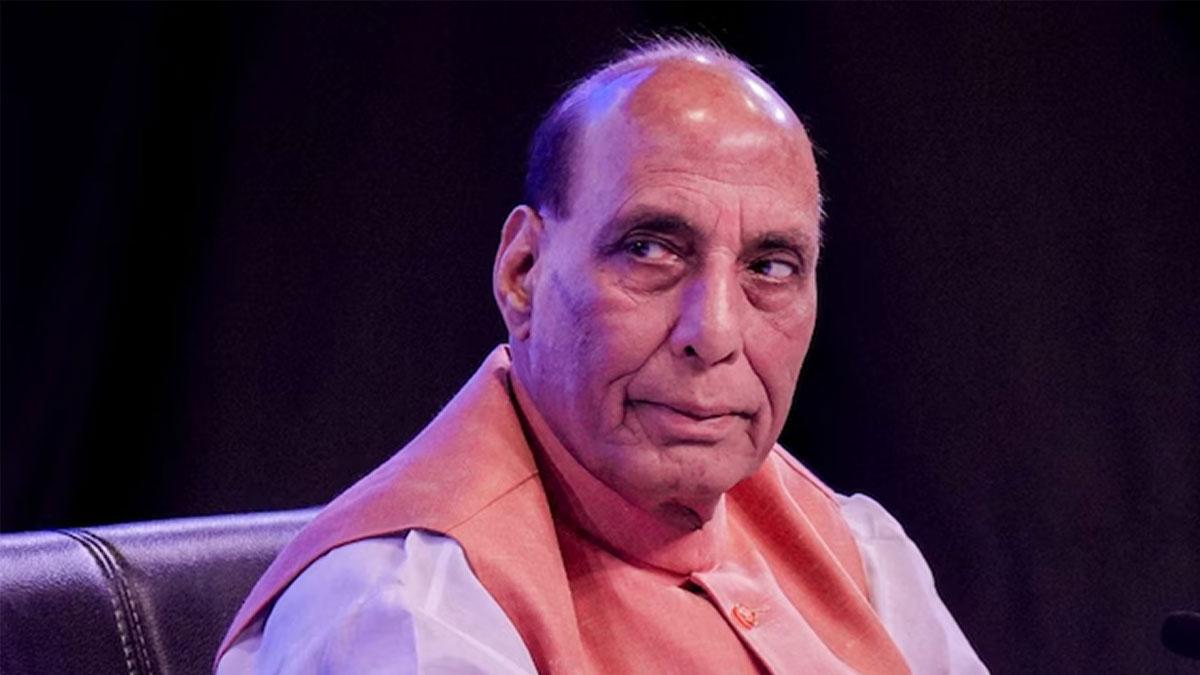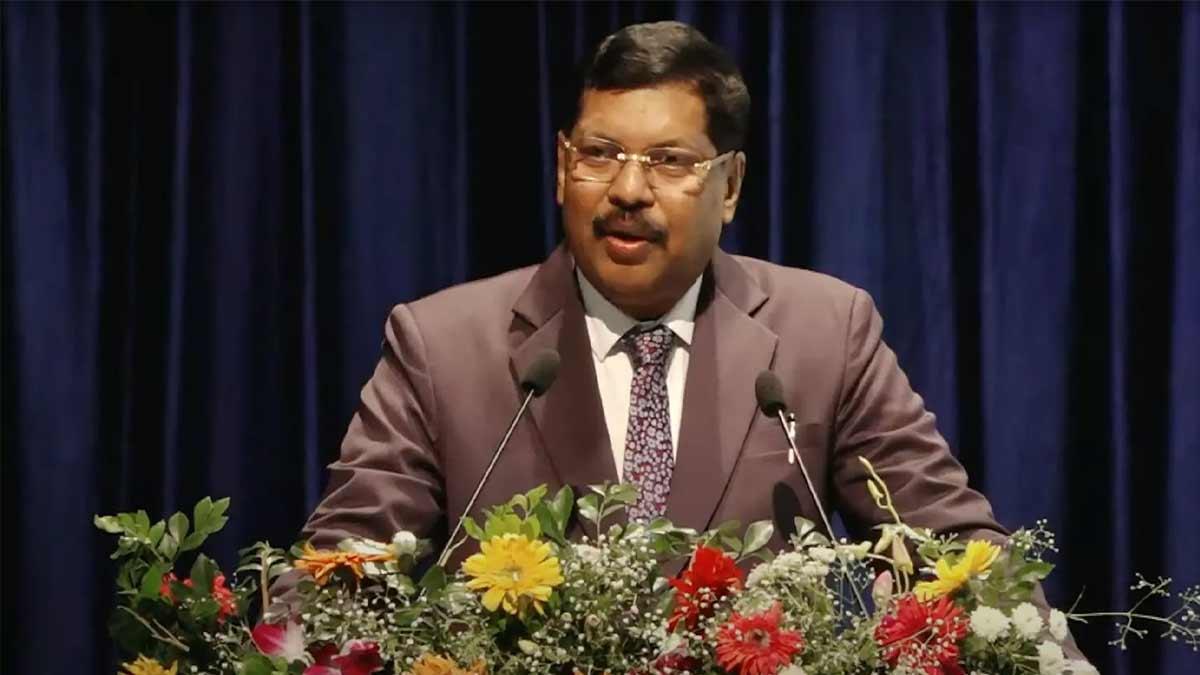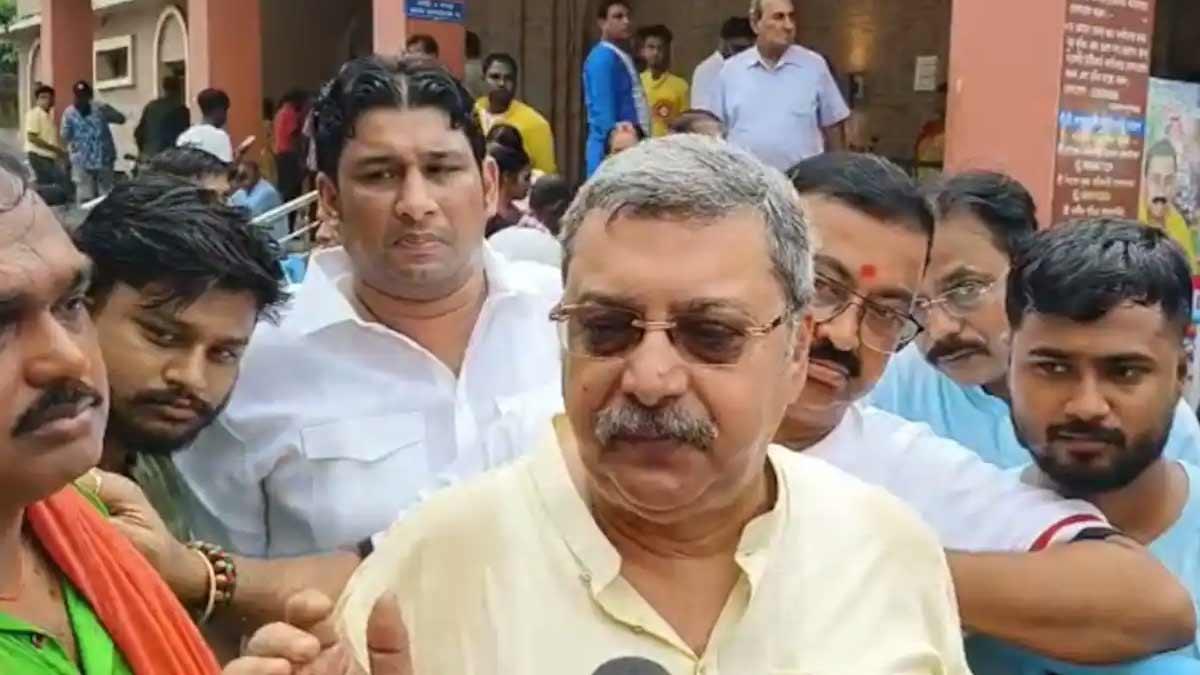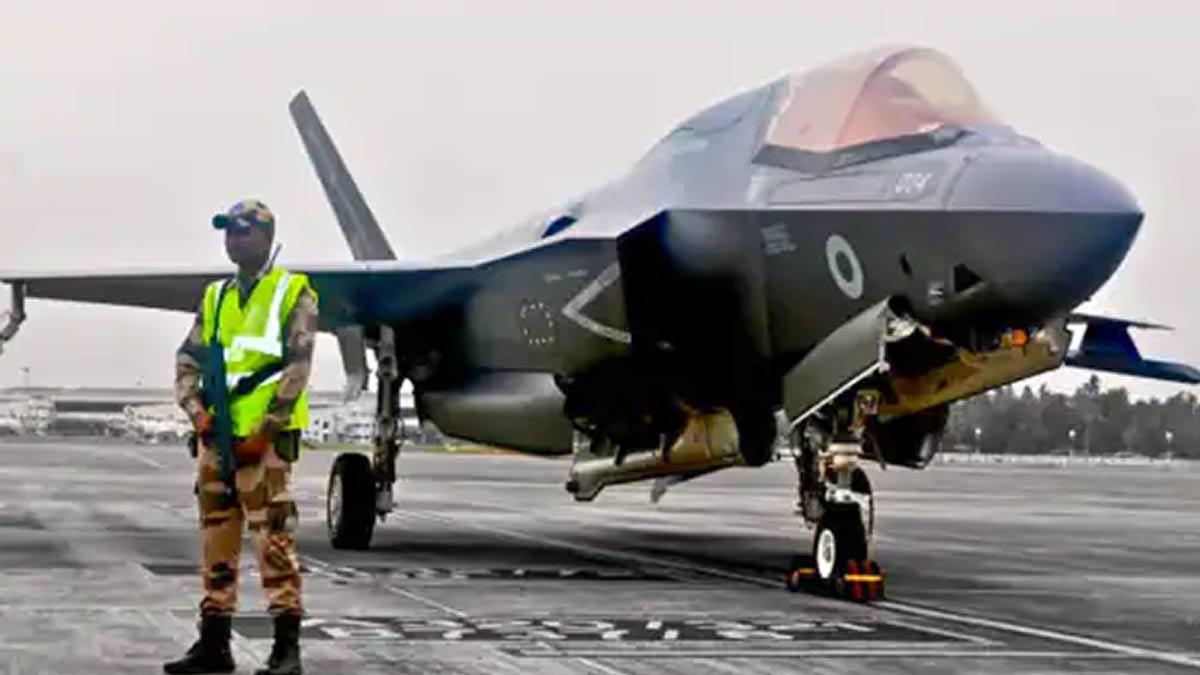Stating the need to keep people at the heart of any infrastructure growth story and providing them with high quality, dependable, and sustainable services in an equitable manner, Prime Minister Narendra Modi on Wednesday asserted that resilient infrastructure can prevent disasters not only for this generation but for many future generations.
"Infrastructure is not just about creating capital assets and generating long-term return on investment. It is not about the numbers. It is not about the money. It is about people. It is about providing them high quality, dependable, and sustainable services in an equitable manner. People must be at the heart of any infrastructure growth story. And, that is exactly what we in India are doing," he said in his pre-recorded address at the inaugural session of the International Conference on Disaster Resilient Infrastructure.
The conference is being held jointly with the Coalition for Disaster Resilient Infrastructure (CDRI) in partnership with the United States Agency for International Development (USAID).
Launched by PM Modi at the Climate Action Summit in New York in 2019, CDRI is a multi-stakeholder global partnership of national governments, UN agencies and programmes, multilateral development banks, the private sector, academic and knowledge institutions.
Giving examples of when a bridge is washed away in floods, when a power line is broken by cyclonic winds, when a communication tower is damaged by forest fires, Modi said: "It disrupts the lives and livelihoods of thousands of people directly. The consequences of such infrastructure damage can last for years, and affect millions of people. So, the challenge before us is quite clear. With modern technology and knowledge at our disposal, can we create resilient infrastructure that is built to last? Recognition of this challenge underpins the creation of the CDRI."
Also Read | PM Modi, Iceland counterpart Jakobsdottir discuss strengthening economic cooperation
The Prime Minister also gave examples of success stories resulting from CDRI's work.
Strengthening the resilience of power systems has already benefited communities in coastal India, by reducing the duration of power disruption during cyclones, he said.
"As this work progresses to the next phase, it can be scaled-up to benefit over 130 million people who are exposed to tropical cyclones every year. CDRI's work on Resilient Airports is studying 150 airports around the world. It has the potential to contribute to the resilience of global connectivity," he added.
About a 'Resilient Infrastructure Transition', which is the primary focus of the conference being held in Delhi, Modi asserted: "Resilient infrastructure can also be the centerpiece of our wider adaptation efforts. If we make infrastructure resilient, we prevent disasters not only for ourselves but for many future generations."
The inaugural session of the ICDRI 2022 witnessed the heads of government from CDRI member countries share their perspectives on the opportunities and challenges to build climate and disaster resilience in transitioning infrastructure systems.
Australian Prime Minister Scott Morrison, Japanese Prime Minister Kishida Fumio and Madagascar President Andry Rajoelina also spoke on the occasion through video addresses.

